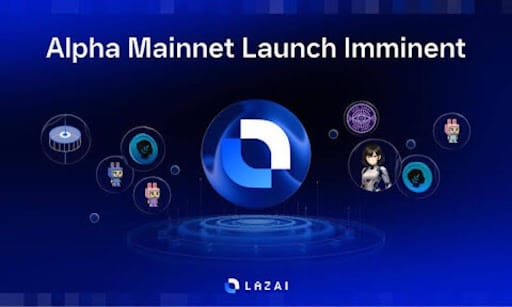Hackers demand $34 million in Bitcoin from Foxconn after compromising servers
Electronics giant Foxconn Technology Group (aka Foxconn) has become the latest victim of a ransomware attack. The company became victims to a group of hackers who reportedly compromised data from its North American facility around Thanksgiving. To make matters worse, the group is demanding 1,800 bitcoins – equivalent to $34 million.
The affected facility was opened in 2005 and is located in Ciudad Juarez, Chihuahua, Mexico. According to a report from BleepingComputer, the facility was hit by a DopplePaymer ransomware attack. Since then, the facility’s website has gone offline, with the attacker publishing stolen files on a designated data leak website. However, no sensitive data has been released yet. The hackers have only released generic business documents and reports.
As the name suggests, a ransomware attack often requires the victim to pay a certain amount (“the ransom”) to regain access to their data. Thanks to the anonymity of digital assets, they are often the preferred payment choice for such attacks.
This is not the first time that corporates have fallen victim to cyber-attacks. These types of attacks are becoming increasingly popular. Earlier in May, a leading open-source online publishing platform, Ghost was attacked by crypto-mining hackers. Corporate behemoths like gaming giant Capcon, and Israeli insurance company, Shirbit, have also come under ransomware attacks more recently.




